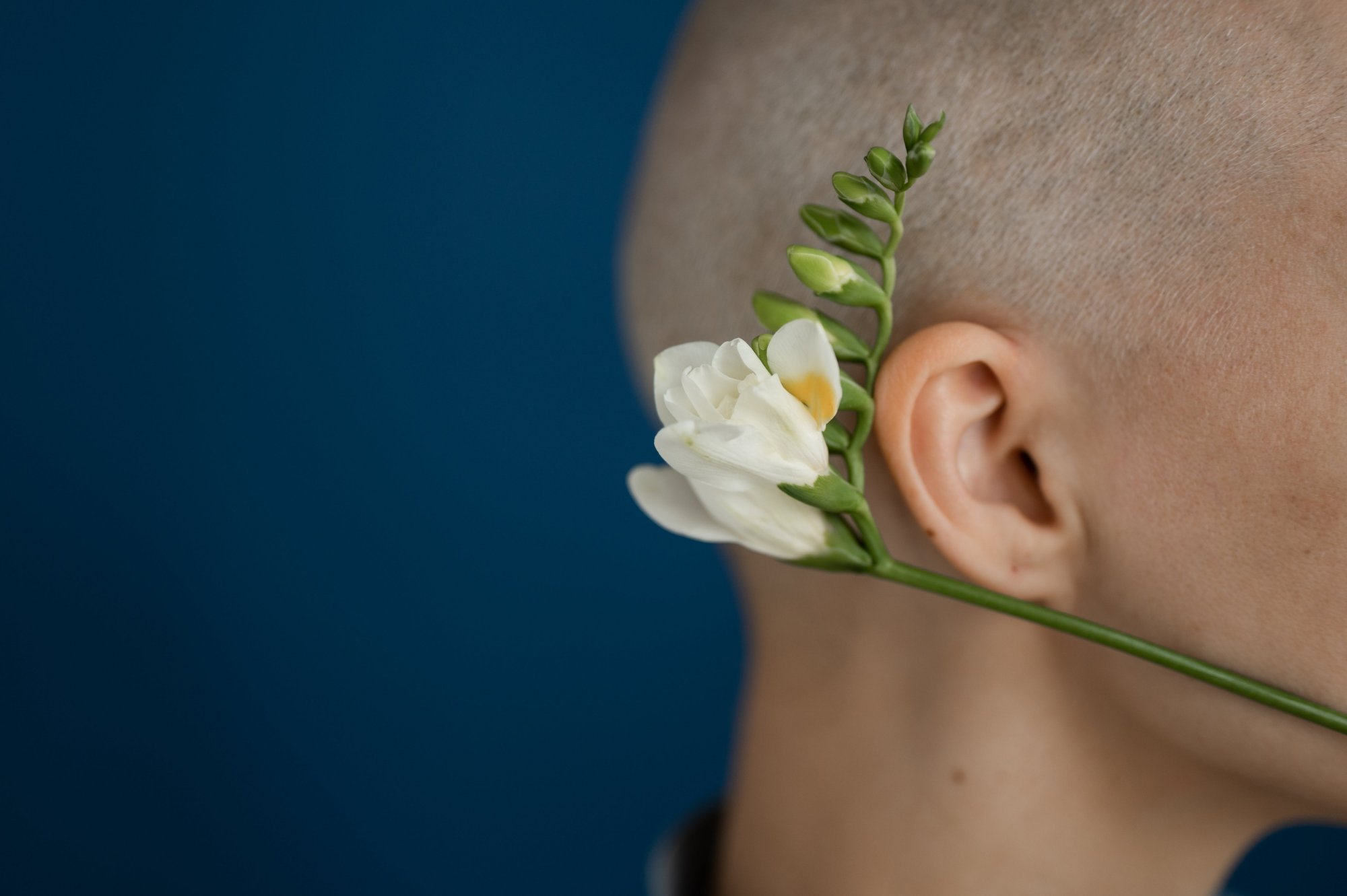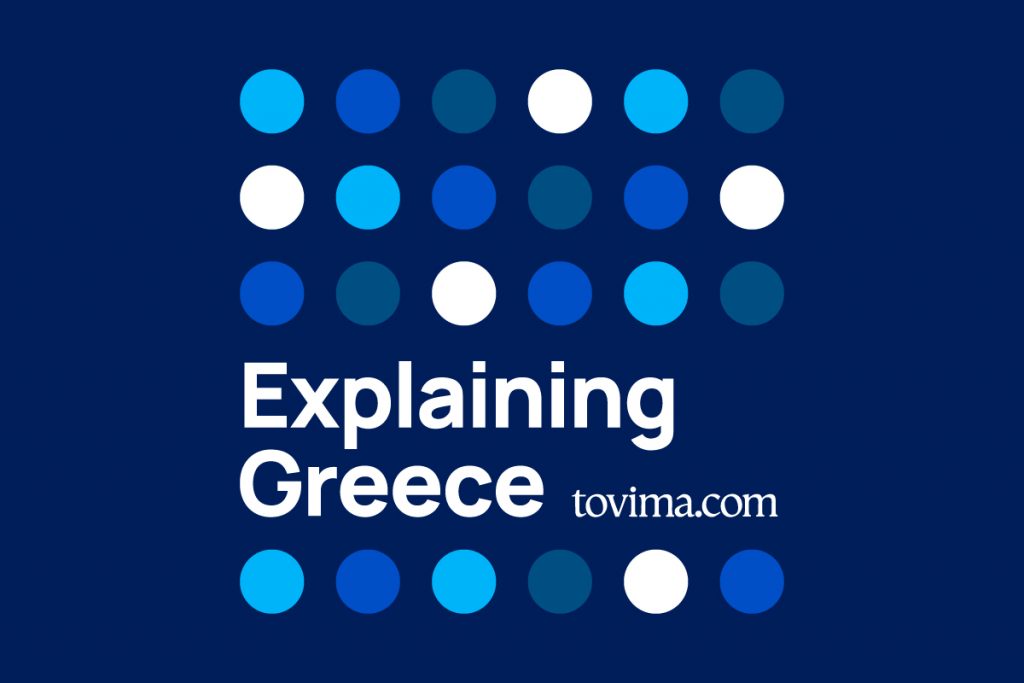On the occasion of today’s World Cancer Day, the president of the Association of Cancer Patients, Volunteers, Friends and Doctors of Athens (K.E.F.I.), Zoe Grammatoglou responds to the most frequently asked questions and concerns about cancer, highlighting the challenges cancer patients face in Greece.
-How much of a “financial burden” is cancer for a patient in Greece? Can public insurance cover medical expenses?
The treatment of cancer is expensive because our country lacks an organized public healthcare system. If public healthcare were organized, the expenses could be covered through the patient’s insurance. Several years ago, the situation in hospitals was better. The waiting period for an operation was 10-15. Then the treatments needed were determined: radiation, chemotherapy, medications, etc. Currently, even scheduling an appointment in a public hospital is difficult and time-consuming. It may take up to 2 months to find a morning appointment. However, the biggest problem is the surgery due to the enormous waiting time.
There are insufficient structures in our country to support cancer patients and their families. Ideally, when someone falls ill, an ambulance should transport them to the hospital, administer treatment, and then return them home. In Greece, all of this responsibility falls on the family, friends, and various organizations. Moreover, even after cancer treatment, individuals may face financial difficulties. For many who worked in the private sector, cancer often translates to unemployment.
-What would you say to someone who has just received the diagnosis?
That cancer is not a death sentence today. There are numerous new drugs and treatments available. Our association is here to provide psychological and social support. The doctors will do their part. You are embarking on a journey that, despite its challenges, has an end. There are countless people who not only survive but also have a good quality of life. Research is making leaps, and the pandemic has even contributed to it, mRNA therapies initially studied for COVID-19, are now showing promise in cancer treatment.
-Some patients choose not to undergo treatment. Why does this happen?
There is reluctance among some patients who are required to undergo chemotherapy, as it can be truly painful, expensive, and exhausting. Some may fear introducing “chemicals” into their bodies. The irony is that if left untreated and reaching the advanced stages, they may end up needing more “chemicals” to endure the pain. Doctors do not dismiss alternative treatment methods; they are considered complementary.
-For decades in Greece, cancer was a taboo, with people avoiding mentioning it in public discourse. Have things changed now?
Not entirely, but we are not where we used to be in the past. Cancer patient associations throughout Greece have done tremendous work to eliminate the taboo. It is important to say it by its name, and equally important to emphasize that it is treatable, especially in the early stages. Breast cancer, for example, is now akin to the “flu,” as it is curable in 95% of cases. Even the term “metastasis,” once considered a fatal blow, has evolved. Today, there are many women with metastatic breast cancer who have surpassed a decade and maintain a good quality of life – living not just to existing.
-How did the K.E.F.I. Association start?
The association was founded in the spring of 2004, and this year we celebrate its 20 years of operation. It began with a group of 20 cancer patients. Today, it consists of patients from various hospitals. We started its operation based on all the fears, questions, and uncertainties we had at the time. Initially, we worked solely with our own experiences, and later on, we sought the expertise of professionals, such as psychologists and social workers. Today, the association has two psychologists, a social worker, a secretary, volunteer dietitians and nutritionists, and 17 volunteer psychologists from the Wilhelm Reich Center who generously contribute their time and coordinate the groups.
-What immediate decisions should be made at the state and governmental levels so that more people undergo preventive screenings?
The Ministry of Health has promised that preventive screening for breast and cervical cancer will be organized more systematically. We hope that this legislation will be voted on and implemented. In countries like Australia, they have completely eradicated HPV and cervical cancer. We hope the same approach will be applied for prostate cancer in men. The state should promote a culture of preventive screenings through appropriate legislation.
-What is the “Together at Home” program and who is it for?
The “Together at Home” program started in 2017, providing psychological and social support to all patients who are at home, whether they are in the final stages or undergoing treatment and are unable to move. Upon request, a social worker and a psychologist visit the patient’s home. The social worker informs the patient about their rights: the steps to follow, completing the folder for disability certification centers, their safety, and their employment rights.



